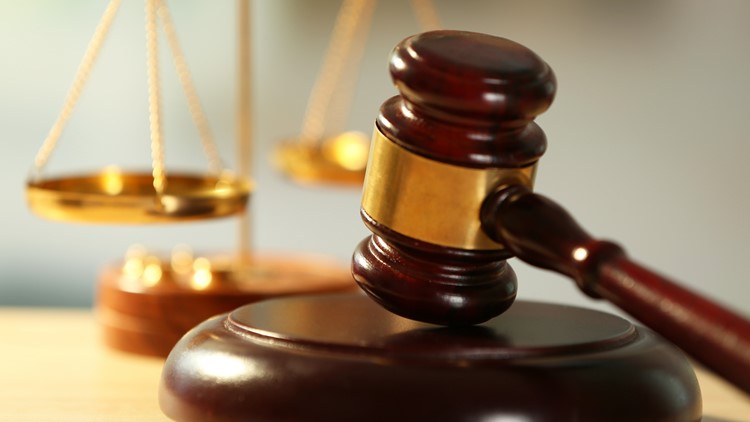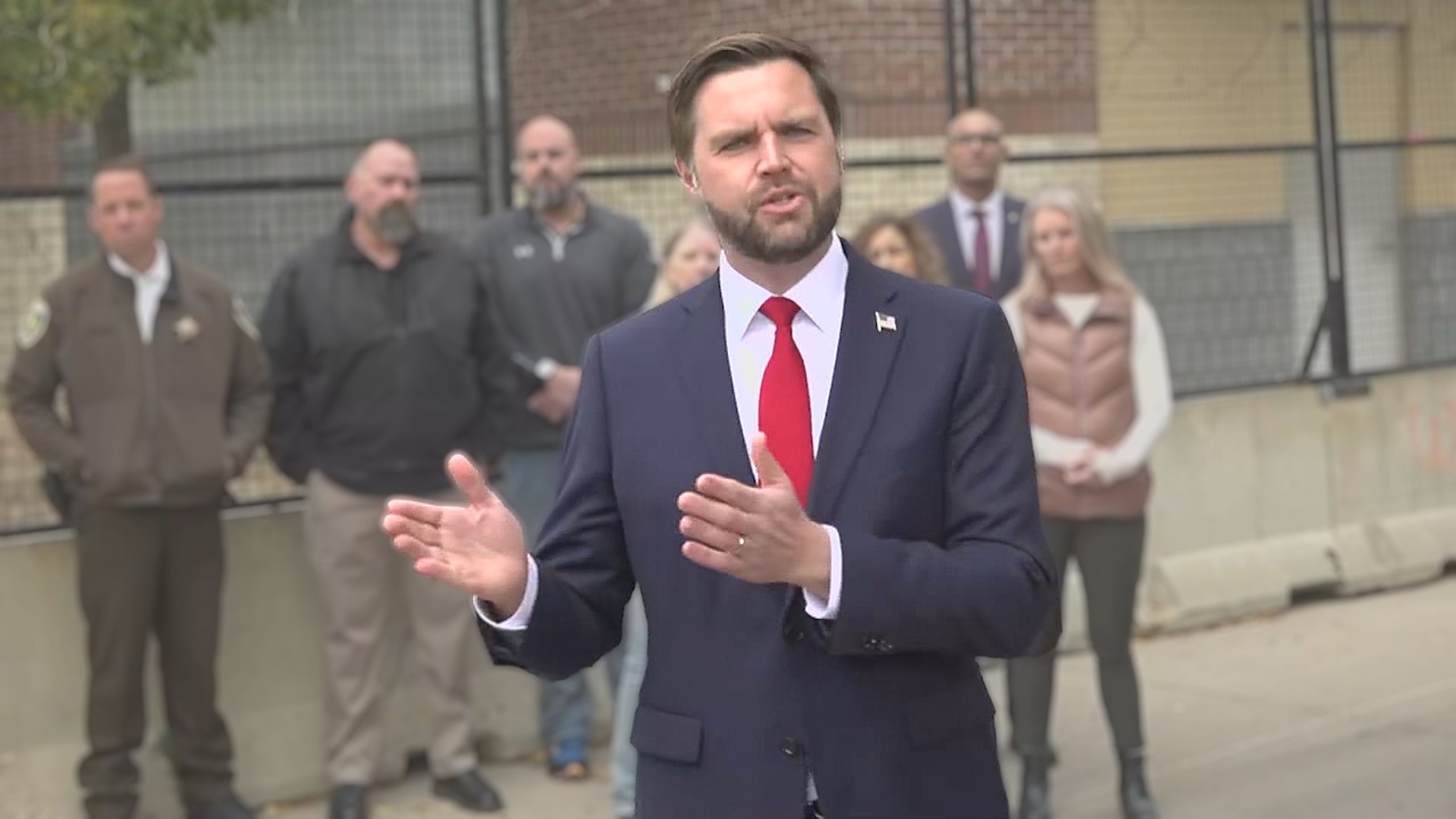ST PAUL, Minn. — The Minnesota Supreme Court has upheld the state's ban on felons voting while serving probation, ruling that the ban does not violate equal protection provisions in the Minnesota Constitution.
The decision comes as the DFL majority in the state legislature is pushing for a felon voting rights measure, which has already passed in the Minnesota House.
According to the Minnesota constitution, a person is ineligible to vote if they have been "convicted of treason or felony unless restored to civil rights." Current state law says those civil rights can be restored, including the right to vote, upon the "discharge" of their conviction. However, the Supreme Court's ruling says that doesn't mean a felon's voting rights are immediately restored upon leaving prison, but rather upon completion of the full sentence, such as serving probation or supervised release.
The decision stems from a suit filed by two Minnesotans, one on probation for a drug conviction and the other on supervised release following a murder conviction. Both offered examples that they had turned their lives around, and claimed their rights were violated by being denied the right to vote while out of prison and living in the community. They filed an appeal after lower courts denied their claims.
"We disagree with appellants that the constitution provides that the right to vote is automatically restored upon release from incarceration," Minnesota Supreme Court Justice Paul Thissen said in writing for the majority. "A person convicted of a felony cannot vote in Minnesota unless the person’s right to vote is restored in accordance with an affirmative act or mechanism of the government restoring the person’s right to vote, such as an absolute pardon or a legislative act that generally restores the right to vote upon the occurrence of certain events."
The court also said the appellants did not offer "sufficient evidence" to prove that the current procedures in state law violate the equal protection principle of the Minnesota Constitution.
In a dissenting opinion, Justice Natalie Hudson claimed that the current laws do violate equal protection, writing that felony disenfranchisement adversely affects communities of color.
"Upholding the constitutionality of (current state law), as the court does here, rationalizes and sanctions the racial discrimination inexorably woven into the statute," Hudson wrote. "The real-world consequence of this legislation is that more than 50,000 Minnesotans— disproportionately Minnesotans of color—are politically voiceless until lengthy probation and supervised-release terms conclude."
Secretary of State Steve Simon, who is in charge of voting in the state, said he supports action in the legislature to change the law.
"The Minnesota Supreme Court has made it clear that the future of voting rights for Minnesota residents who have left prison behind lies in the hands of the legislature," Simon said in a statement. "While our office defended the law as it is currently written, I believe that the policy is long overdue for a correction. If a person is deemed by a judge or jury to be worthy enough and safe enough to live in our community, then it is entirely reasonable to allow that person to have a say about who governs them."
The DFL measure to restore felon voting rights upon completion of incarceration has yet to see any action in the Minnesota Senate. Republicans have expressed concern about the plan, with House opponents arguing the proposed legislation would not stop someone who committed felony voter fraud from being able to vote again, for instance.
Watch more Minnesota politics:
Watch the latest political coverage from the Land of 10,000 Lakes in our YouTube playlist:



